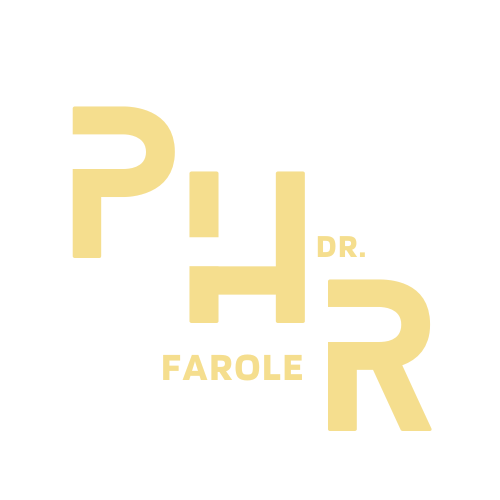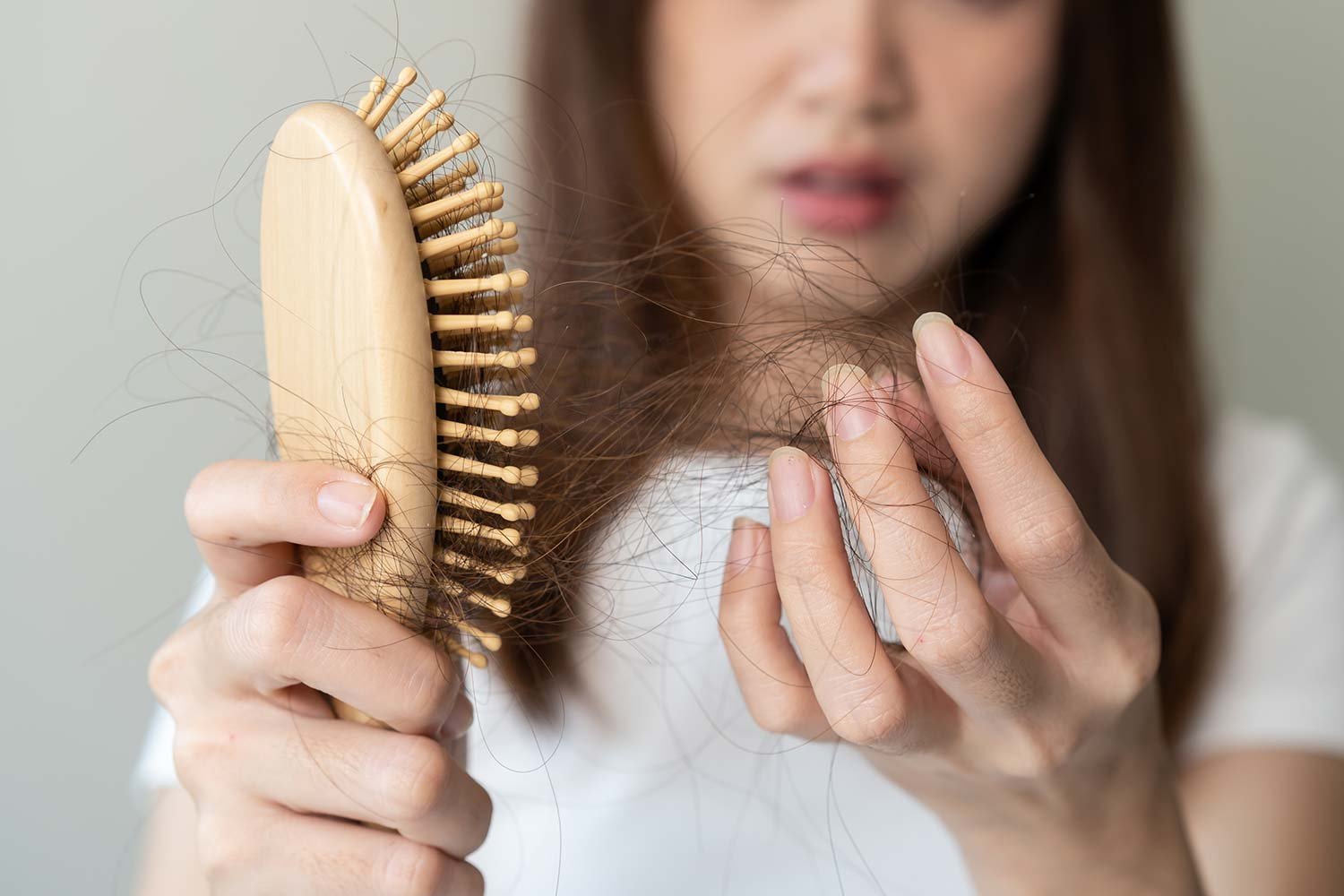Hair loss can be frustrating, especially when you’re not sure what causes it. One common cause is androgenic alopecia, the most prevalent type of progressive hair loss due to the miniaturization of hair follicles.
In this guide, we’re going to go through the different types of hair loss, both in men and women, explore the factors that contribute to hair loss, thinning hair, and a receding hairline, and outline treatment options to help you select a hair restoration solution.
For comprehensive hair regrowth solutions, speak with a hair restoration specialist at Philadelphia Hair Restoration.
Understanding The Impact of Follicle Damage on Hair Loss
Hair loss is onset by follicle damage, which can be caused by aging, hormonal changes, medications, and genetic factors related to androgens. The health of the hair follicle is crucial for maintaining normal hair growth and preventing hair loss.
Both men and women experience hair loss, so the biological process affecting the follicles is largely the same. Once follicles are damaged, the hair attached to them gets thinner and shrinks. If follicles are left untreated, they become inactive, and the hair will eventually die, leading to hair loss.
Common Causes of Hair Loss in Men and Women
While both men and women lose hair, underlying factors such as androgenic alopecia, female pattern baldness, and male pattern baldness may vary between the genders. Testosterone overproduction generally only causes male hair loss, while both genders may experience hair loss due to stress factors, health conditions, and traction alopecia. Additionally, hormonal changes, including those caused by birth control pills, can influence hair loss in women.
Androgenetic Alopecia and Female Pattern Hair Loss
The majority of hair loss in men is caused by hormonal factors. When testosterone metabolizes into dihydrotestosterone (DHT), follicles are damaged, and hair loss occurs.
Women generally do not produce large amounts of testosterone, so androgenic hair loss is not common for them. Instead, they may experience alopecia areata, an autoimmune disease that causes hair loss.
Stress Factors and Health Conditions
Both men and women can experience hair loss accelerated by illnesses like diabetes, stress (producing more cortisol), and other conditions, whether physiological, such as cold or diseases, or emotional stress. Under the influence of stress and certain health conditions, hair growth slows, further exacerbating the problem of hair loss.
Interestingly, some people may regrow their hair once the emotional stress is alleviated. Cancer, sun damage, and anything that diminishes blood supply to the follicles can also lead to hair loss. This diminished blood supply can be exacerbated by metabolic diseases or immunosuppressants.
Traction Alopecia
Both genders can suffer from traction alopecia, which is caused by mechanical pulling on the hair roots or scalp. This is often seen in women who wear extensions or tight braids that pull on the scalp, as well as from the use of flat irons that can damage the follicles by overheating them.
Treatment Options For Hair Loss in Men & Women
There are several options to protect your hair from further hair loss and encourage healthy follicles. PRP Hair Treatment utilizes plasma with growth factors from your own blood to stimulate hair follicles. Certain treatments, including PRP therapy, are designed to stimulate hair growth by enhancing the health of hair follicles. To protect preexisting hair, medications such as Finasteride for men and Minoxidil for women can be effective.
However, it’s important to note that these treatments cannot revive follicles that have suffered permanent hair loss. The only permanent solution for lost follicles is hair transplantation surgery, such as FUE (Follicular Unit Extraction) or FUT (Follicular Unit Transplantation) procedures.
Contact Philadelphia Hair Restoration today to speak with a hair restoration specialist about FUE or FUT treatments for your hair loss.



